It goes without saying that the past 14 months have upended everything we thought we knew about the underground music scene. Whilst releases did keep ticking over albeit with some pressing plant delays, parties for most of the world were limited to living rooms and bedrooms at the best of times, as DJs’ livelihoods were suddenly slipping through their fingers and the scene as we knew it ground to a halt.
There have been a lot of reasons to be pessimistic during that period, but as vaccinations pick up pace and much of the western world begins to prepare to open up and promoters begin planning parties once again, there’s an abundance of reasons to be cautiously optimistic. With that being said, it’s good to get a temperature check from those who are the beating heart of our scene, with Trommel speaking to none other than scene leader Ricardo Villalobos, his close-knit friend Amir Javasoul and Egyptian curator Maged AbdelMessih (Desimana’s founder), to get a feel for how the pandemic’s been for them and how our scene moves past the pandemic.
The occasion? A private intimate gathering nestled in between mountains in the desert by the Red Sea, hosted by Desimana to celebrate their 5 years anniversary and where both DJs were invited. In fact, the official event was cancelled soon before due to tightening restrictions, and the North African party enthusiast managed to pull a smaller version of it in the middle of nature, in compliance with updated local regulations. “Shout out to the guardian angels”, he said.
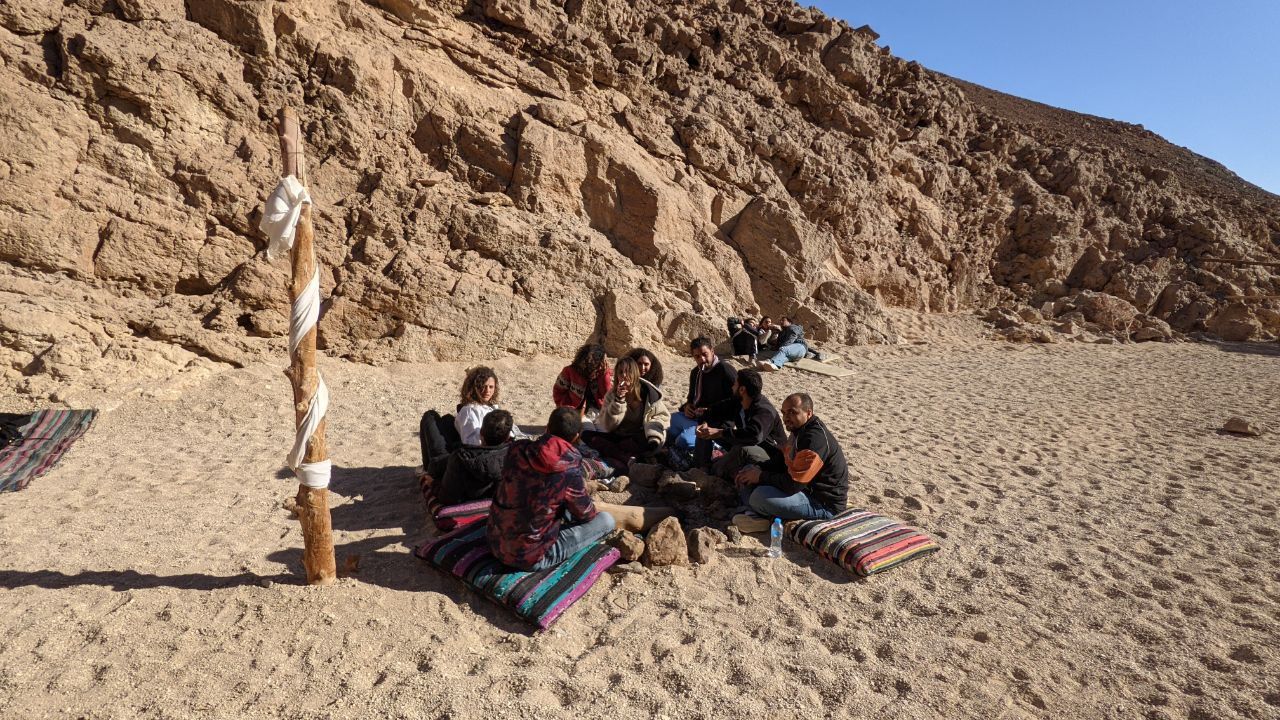 With a rare chance to speak to the enigmatic Ricardo Villalobos, Trommel is keen to check in with the Chilean producer about his experiences of the lockdown and his process of creating music without playing it. “Hm, no. I would say my sound or workflow didn’t change at all during the pandemic, compared to before.” The Chilean ponders, “The only problem for me has been that there are no parties, but for the moment we will just have to wait until everything resumes back to normal.”
With a rare chance to speak to the enigmatic Ricardo Villalobos, Trommel is keen to check in with the Chilean producer about his experiences of the lockdown and his process of creating music without playing it. “Hm, no. I would say my sound or workflow didn’t change at all during the pandemic, compared to before.” The Chilean ponders, “The only problem for me has been that there are no parties, but for the moment we will just have to wait until everything resumes back to normal.”
Fellow veteran of the scene and close friend of Villalobos is more emotionally charged than his often back-to-back partner. “A lot has changed; I’ve been on the road playing music for the past 15+ years. This long break of not DJing, not packing record bags, not hugging party friends or fellow DJs – this has never happened to me.”
Whilst the economic toll on artists and everyone involved in throwing a party has been easy to figure out, the emotional and artistic toll that’s been undertaken isn’t something that can easily be dismissed, especially for lifelong DJs such as Villalobos and Javasoul.
“Artistically it was pretty difficult because I always felt that my offering is in the way I play records.” Javasoul adds, “I’m not a producer-turned-DJ. I believe them to be separate crafts and I have respect for both – but my lifelong mission is to turn you out at the party, not in your headphones. Therefore, I’m not ashamed to say that for a while during this pandemic I felt there was no more purpose for me as an artist. I know I’m not alone in this situation.”
The odd event, either when things began opening up late last summer or in new countries, these parties have offered solace and a glimpse of hope and optimism for the future, something Javasoul heavily agrees with. “Also I realized that it takes a weekend like the one we had in Egypt to set that spark back in me. So my workflow has changed of course, but I’m eager to get back to it. I remember having this constant smile during the Desimana event. Despite the many obstacles and cancellations, we were able to pull off one of the most memorable events in Egypt – and that gave me life.”
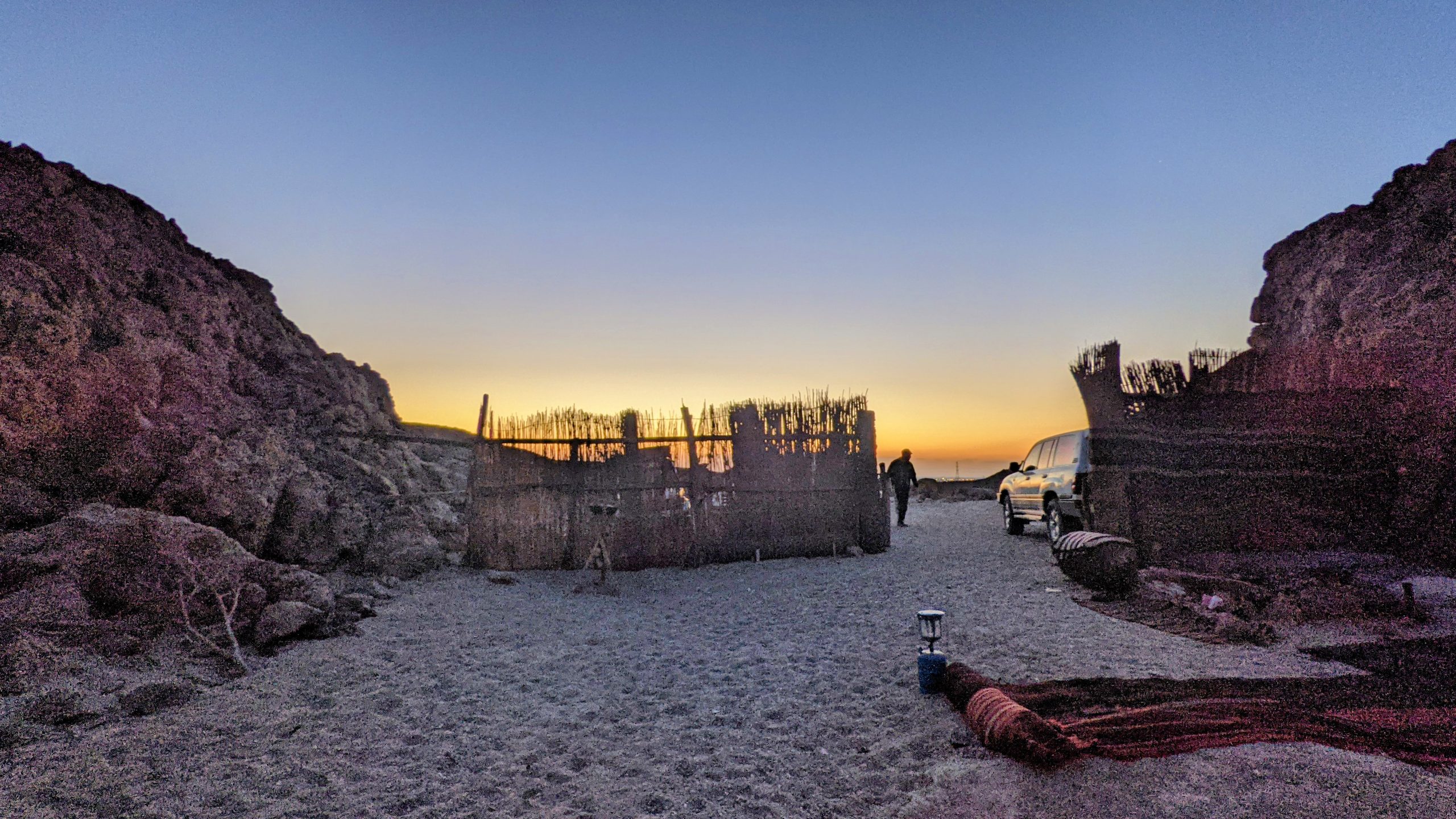
For DJs and musical artists, there has been no precedent for the past 14 months. Since disc jockeys started spinning in the clubs over 50 years ago, the clubbing and underground world has morphed into an ever-growing behemoth that’s been built on constant growth. Villalobos has been a stalwart in the underground scene since the early 2000s and has experienced this boom first-hand.
“The pandemic period made clear that we have to think different from before and pivot towards new forms.” The Chilean gestures, “We always have to look for new dancefloors, DJs have considered countries which they have not considered or been to before. This is what is going to happen in our future as DJs, we are going to visit new places and have new possibilities in as many countries.”
Javasoul backs up Villalobos’ opinions on the rocky period but argues that the various scenes are in need of a temperature check, “In theory, we should use this forced pause as a means to reset our nightlife ecosystem. I say in theory because I don’t believe this will happen automatically post-pandemic…”. He goes on “It’s hard to tell someone, “I’m going to pay you half for the exact same job you did a year ago.” He also explains that a common ground between artists, agents, and promoters can only kick start this reset, “I think this would create a more robust underground scene all over the world.”
Maged has similar feelings about what can arise from this period of reflection. After stating that their ethos “has always been centred on creating experiences that feel less commercial, less formulaic and instead more experimental and dynamic”, he then focuses on the most recent period and what to take out from it “As much as the COVID crisis has shaken the status quo and forced a moment of blankness, I choose to appreciate that break and see it only as a catalyst for our vision. Crisis often leads to innovation and we have witnessed the migration out of popular, regularly operating venues and into raw locations of nature instead.”
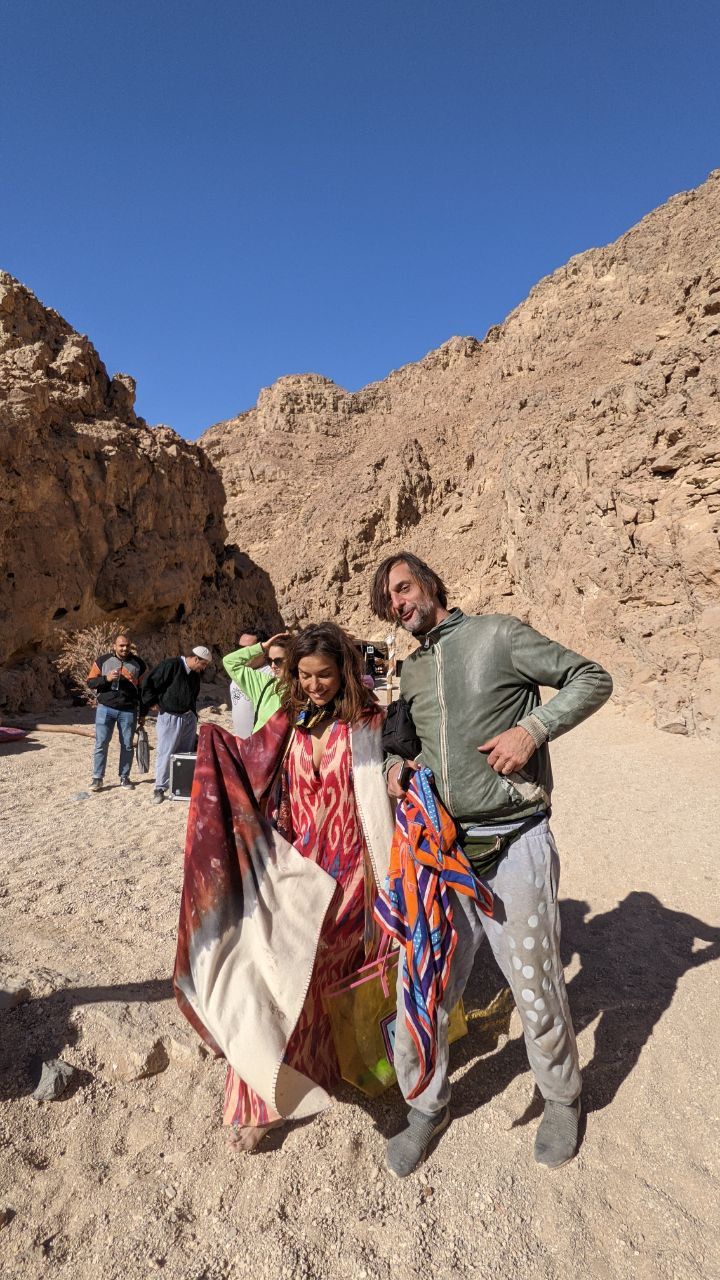
The Egyptian cites a conversation with his friend Maha ElNabawi, a music journalist currently researching how underground music is reconnecting us to our roots. “If we look at Egyptian or North African culture, where the drum and dance circle within nature was often a major element in community building and healing,” Further expanding, “For this reason, we both believe that dance music might be more important than ever because people need to heal, and have a sense of belonging within a community, particularly after this period of isolation.”
The past has contained vibrant memories that have kept us all fondly remembering the unity and social value of being on a dancefloor, the ponderings from both Villalobos and Javasoul indicate that whilst nostalgia has gotten us through the pandemic, a rethink of the future is required. “The future is split into two elements for both, musically and the parties themselves,” Javasoul continues, “Musically, the trend now is hearing more diverse productions, I’m happy we are slowly getting rid of these sub-genres categorising or boxing up artists in them.”
“This guy makes minimal, this girl makes soulful house, this group makes deep tech groovy techno…NO!’’ Javasoul exclaims “They make music, that’s the trend I see in my favourite producers.” The quality of productions and releases over the pandemic showcase that there is little to worry in terms of a drop off in output or quality, it’s actually quite the opposite with a whole host of producers having break out releases despite there being no parties. “Party wise, we’re in a position to set the trend…” Javasoul sits up “Full room, no matter what size, a great sound system, no bottles, long DJ sets and as many of your friends around… It’s human nature to socially combine – not socially distance. So let’s get to partying again.”
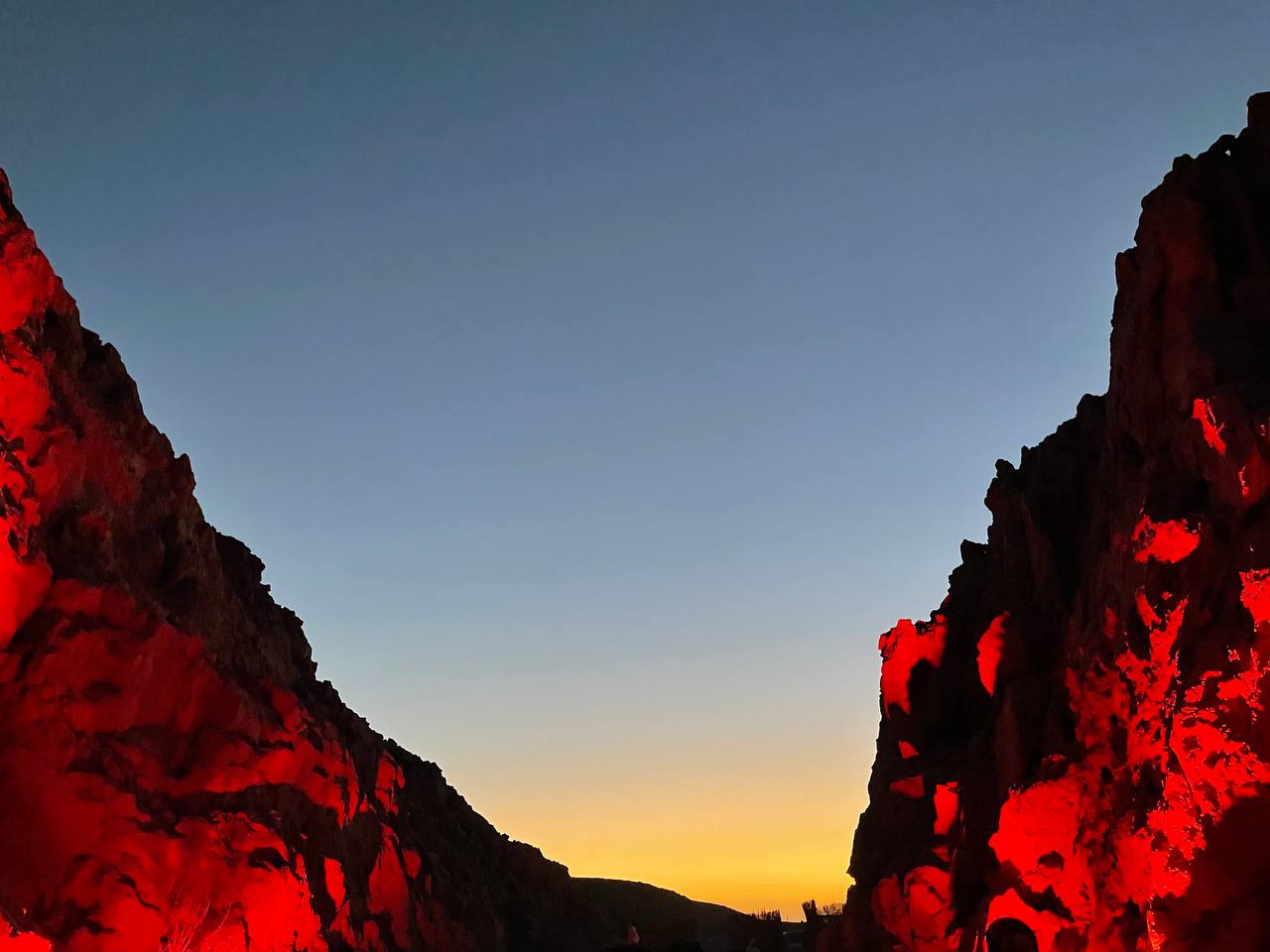
Desimana boss naturally holds a similar view in terms of the social value of hosting a party, but is naturally used to thinking about events in a slightly more creative way than promoters from the west are used to. “As the mainstream beast gets bigger and stronger, there is a direct reaction on the other side of the spectrum where the ‘underground’ or ‘alternative’ scene as I like to call it, is looking to escape the limitations of the club space.” Maged goes on to explain. “We go on to find alternative venues that trigger creativity and inclusivity which creates dynamic spaces.”
The ‘new forms’ that Villalobos spoke about link directly to the work Desimana and a whole host of promoters have been doing outside of Western Europe. Maged clarifies what kind of underground music is heard from Egyptian artists today, “It all falls under a very wide umbrella. It crosses from Mahraganat (Egyptian electronic dance music) through minimal, house, techno, and all the way through deconstructed club music. For this reason, dance music from this region is becoming more empowered in developing a global and local audience, and less reliant on western influences and bookings.” He explains that for them there has always been, and always will be a mix of western and local bookings, and in parallel, there must be a clear emphasis on cultivating local artists who continue to garner a wider audience. Inclusivity is a natural part of widening their creative endeavours, “There’s an exciting permeation of many women in the scene being DJs, producers and visual artists, which is one of the biggest differences we’ve witnessed in Egypt over the past ten years.”
Villalobos’ love and emphasis on releasing vinyl and the role it plays in underground music’s ecosystem have been spotlighted many a time, and do not lose once again the occasion to stress how pressing on vinyl is a truthful and authentic way of releasing music. But current times are not so easy… “What is happening is that the overground, or mainstream industry is coming into our world. For example, Metallica is coming to our pressing plant in Berlin, and they’re having their entire music catalogue repressed onto vinyl and the process will take three years, with this, of course, affecting us in the underground scene.”
Mainstream and underground have been unfortunately clashing since the underground’s birth and there’s no reason to think the underground won’t continue to experience the economic boom it was experiencing prior to the pandemic. Are future clashes going to become an ever more regular experience? “We have to re-orientate ourselves and find new, smaller, pressing plants, this extends across our scene, too” Villalobos gestures, “We have to find new parties, and smaller things, things are very complicated now, but I think the trend is actually that the underground is going to towards being smaller and even more underground.”
And we hope that Ricardo, Amir, and Desimana, among many others of our favorites, will keep pushing it like they always have.
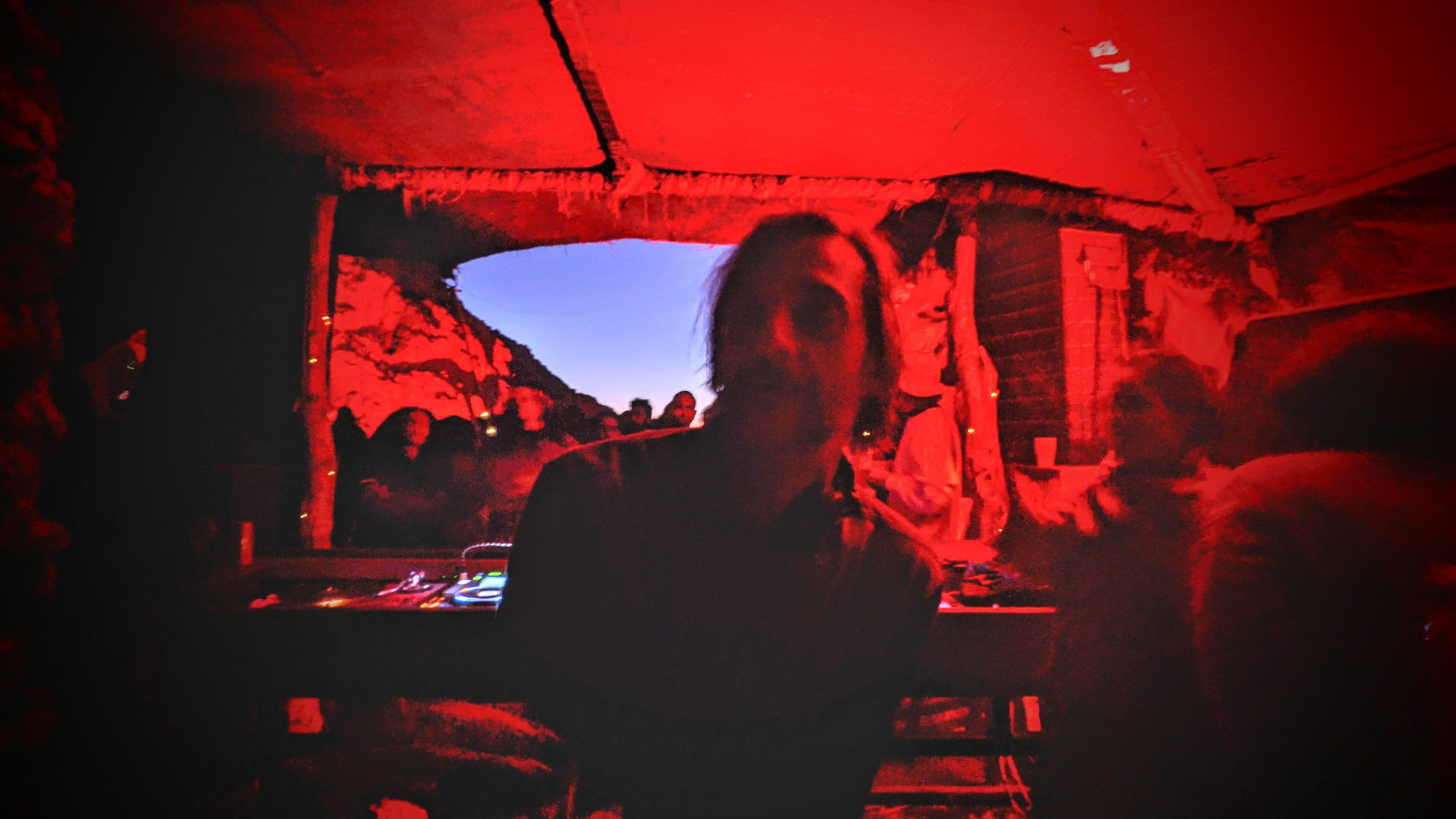
pics by: @mg___x
More info on Ricardo Villalobos
Facebook | Resident Advisor | Discogs
More info on Amir Javasoul
Facebook | Resident Advisor | Soundcloud
More info on Desimana
Facebook | Resident Advisor | Instagram



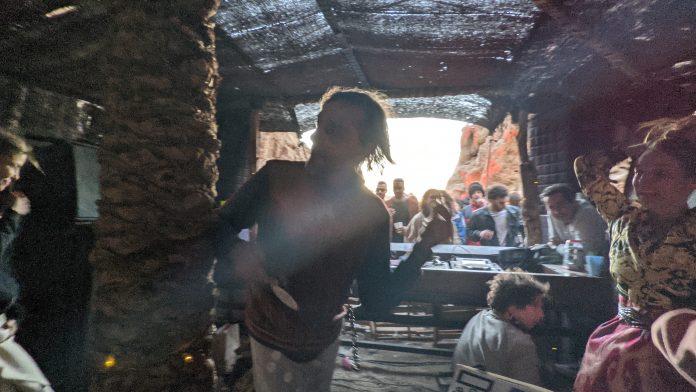
![Premiere: A1 – Ricardo Villalobos – Easy Lee (Random Factor Remix) [VIS2030EP2]](https://trommelmusic.com/wp-content/uploads/2025/10/1172914-218x150.jpg)
![Premiere: B1 – Siddhartha – Poema 4 [KEEPIT002]](https://trommelmusic.com/wp-content/uploads/2025/09/KEEPIT002_Label_AB_08.08-2-218x150.jpg)




![Premiere: A2 – mrelss – Season of Reason [AMAM044]](https://trommelmusic.com/wp-content/uploads/2026/02/label_side_A-Alessio-Mereu-324x235.jpg)
![Premiere: 2 – Santon – Only a Test (Alain de Saracho Remix) [SDR012]](https://trommelmusic.com/wp-content/uploads/2026/02/Santon-Only-a-Test-EP-Artwork-Alain-de-Saracho-100x70.png)
![Free Download: Zombies in Miami – What Ya Doing [TFD128]](https://trommelmusic.com/wp-content/uploads/2026/02/photo_2026-02-12-10.38.24-e1770892750337-100x70.jpeg)
![Premiere: 1 – DAT (Italy) – Not My Plan [SENS001]](https://trommelmusic.com/wp-content/uploads/2026/02/IMG_9750-Sensazione-Stupenda-100x70.png)
![Premiere: B1 – Kolhida – Break And Escape (Cezar Lazãr Remix) [TTM003]](https://trommelmusic.com/wp-content/uploads/2026/02/IMG_2883-Aleksandr-Gocheleyshvili-100x70.png)
![Premiere: A1 – JJ Fortune – Design [LNS10]](https://trommelmusic.com/wp-content/uploads/2026/02/1188556-100x70.jpg)
![Premiere: A1 – Alexander Skancke – Saga Of Subvision [QRK015]](https://trommelmusic.com/wp-content/uploads/2026/02/photo_2026-02-03_17-31-24-100x70.jpg)

![Premiere: A1 – Light Blue File – JUNIOR [RCR002]](https://trommelmusic.com/wp-content/uploads/2026/02/RCR.002.FRONT_.LABEL-Will-Gilliland-100x70.png)
![Premiere: A2 – Lisovskyi – Just One Good Whiff [FIB004]](https://trommelmusic.com/wp-content/uploads/2026/02/B-100x70.png)